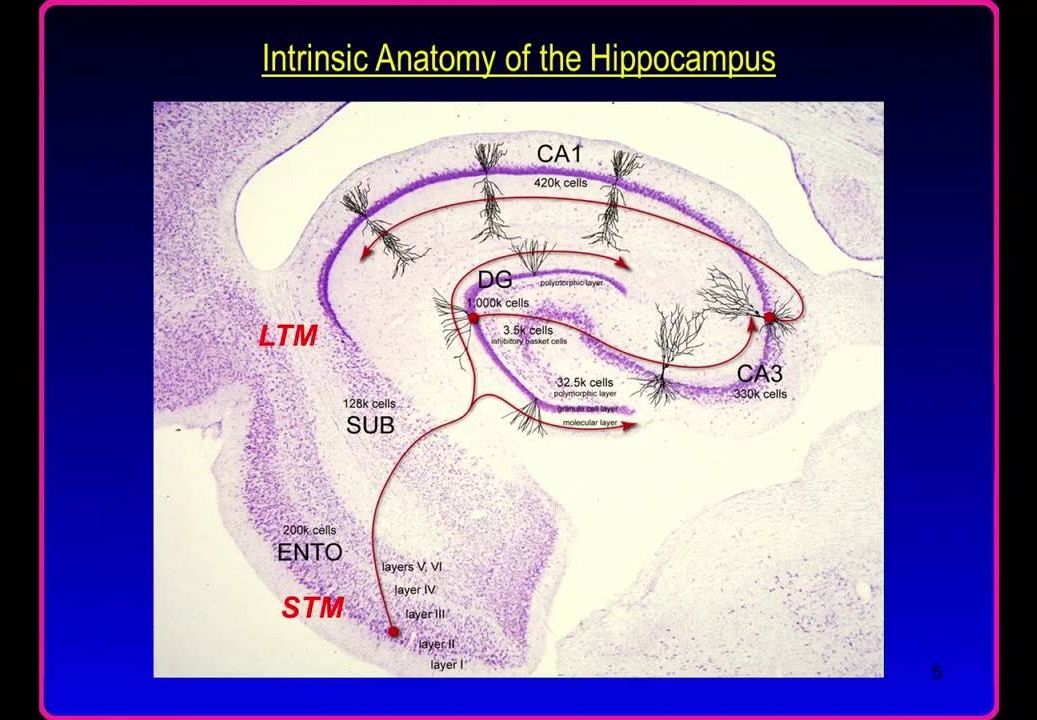In Brief
- By mimicking the way neurons fire in the hippocampus during natural memory creation, a brain implant was used to successfully plant memories in the brains of rats.
- Though human implementation is far off, this breakthrough in cracking the hippocampus’ mathematical “memory code” has very important implications for health and research.
Memories are the faintest, most ethereal wisps of our neurophysiology — somehow, the firing of delicate synapses and the activation of neurons combine to produce the things we remember. The sum of our memories make us who we are; they are us, in every way, and without them we cease to be.
So it’s needless to say that there’s a pretty significant premium on discovering new ways to combat memory loss. Most of these involve physiological and biological methods, but some scientists, such as Theodore Berger of the University of Southern California, are beginning to turn toward technology. If any of these methods are successful, it would mean the possibility of perfect lifelong memory recall.
Read more
